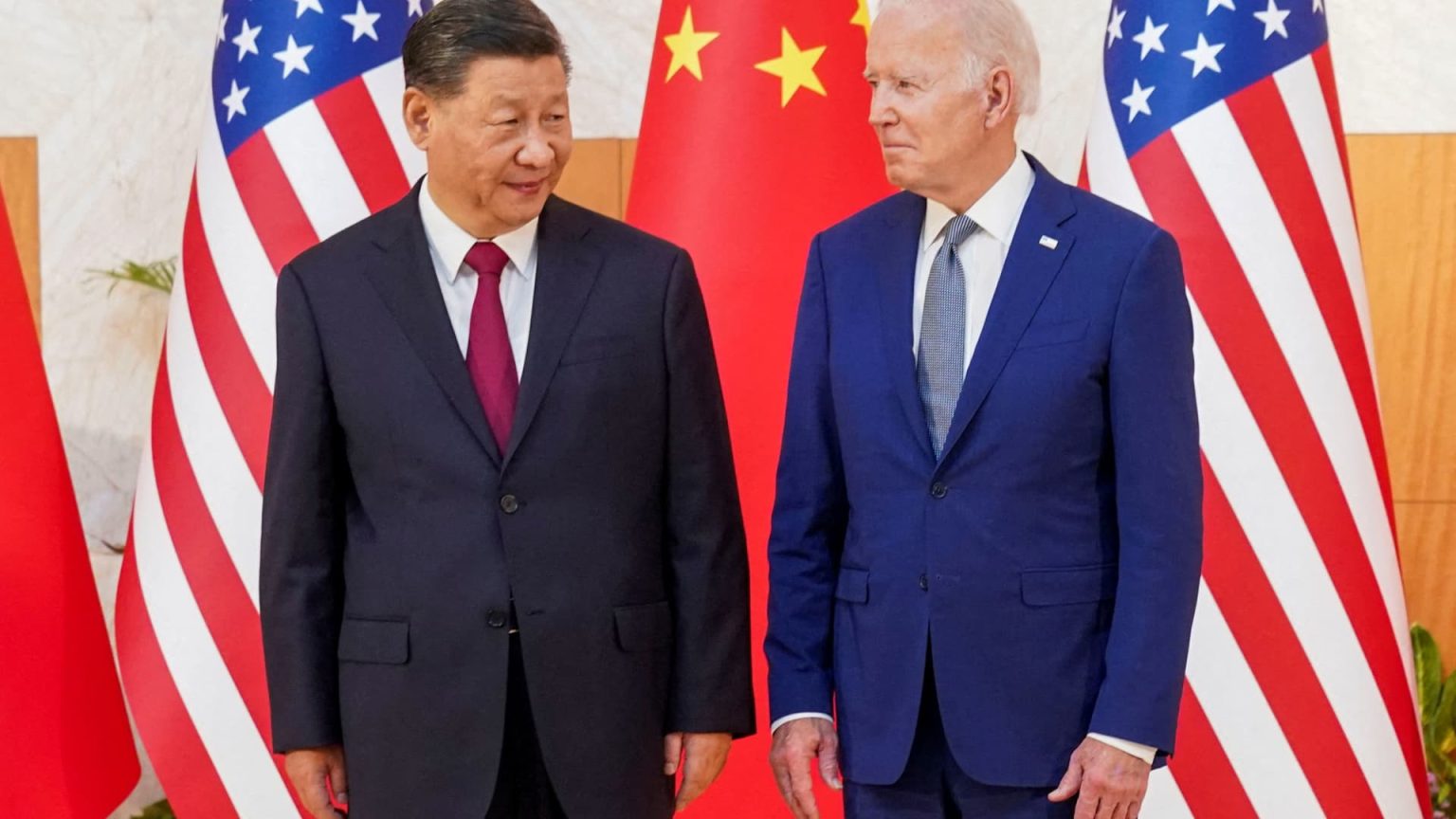The Biden administration has announced new tariff rates on $18 billion worth of Chinese imports to protect American industries from unfair competition. President Joe Biden will quadruple tariffs on Chinese electric vehicles, increase import tax on solar cells, and raise tariffs on some steel and aluminum imports. U.S. Trade Representative Katherine Tai will also triple the tariff rates on lithium-ion batteries, semiconductors, and other products. First-time tariffs will be imposed on medical needles, syringes, ship-to-shore cranes, rubber medical gloves, respirators, and face masks. Some items will have longer phase-in periods for tariffs to allow the U.S. manufacturing sector to scale up production.
White House officials have raised concerns about China’s domestic subsidies for clean energy manufacturing, which they believe are leading to overproduction of cheap products like solar panels and electric vehicles. This overproduction could lead to dumping on global markets, affecting clean energy industries in other countries. Treasury Secretary Janet Yellen has warned that China’s overcapacity distorts global prices and production patterns, hurting American firms and workers. The new trade restrictions aim to prevent a rush of cheap Chinese goods from impeding America’s progress on clean energy.
The new tariffs come during the White House’s “Infrastructure Week,” as officials travel around the country promoting Biden’s infrastructure and clean energy investments. The tariffs are intended to prevent China’s unfair practices from giving them a competitive advantage in electric vehicles and clean energy products. Biden’s reelection argument includes the success of his public investments in green energy, semiconductors, and traditional infrastructure. Both Biden and presumptive Republican nominee Donald Trump have tough-on-China foreign policy platforms, with a focus on protecting American industries and workers.
While hiking China tariffs helps Biden maintain a hawkish stance, analysts warn of unintended consequences on the domestic economy and consumers. Every percentage point increase in the effective tariff rate could decrease GDP, increase consumer prices, and contribute to inflation for a year. The Biden administration maintains that the new tariffs will have no inflationary impact as they specifically target certain sectors, rather than being across the board like Trump’s proposed tariffs. Consumers can expect no cost increases from Biden’s tariffs, as they aim to protect and safeguard gains in manufacturing jobs and factory construction.
Overall, the new tariff rates imposed by the Biden administration aim to protect American industries from unfair competition by raising tariffs on Chinese imports. Concerns about China’s overproduction of clean energy products and subsidies have led to the implementation of these tariffs to prevent dumping on global markets. The tariffs are part of Biden’s broader infrastructure and clean energy investments and are intended to safeguard gains in manufacturing jobs. Despite warnings of potential unintended consequences, the administration maintains that the tariffs will have no inflationary impact and will not increase costs for consumers. The political stakes are high as both Biden and Trump have adopted tough-on-China foreign policy stances in their campaigns.


